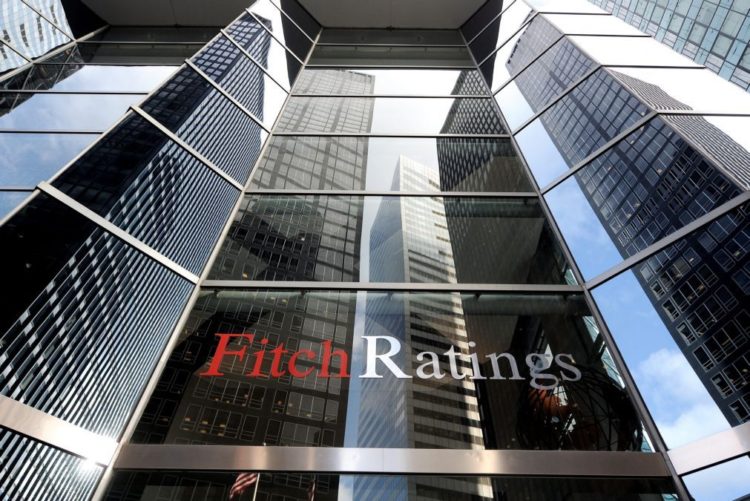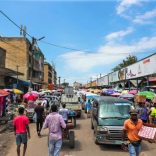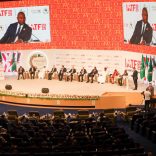Mozambique: Task force created to assess reduced external funding in health
Fitch: Mozambique’s political unrest raises additional credit risks

File photo: Lusa
The ongoing unrest in Mozambique following the recent election poses risks to political stability, fiscal consolidation and economic growth, says Fitch Ratings. Nonetheless, our baseline assumption is that the situation will stabilise over time and that external financing disbursements from multilateral development banks will continue, limiting downside risks to the sovereign’s ‘CCC+’ rating.
Social unrest has spiked since the elections on 9 October, after official results declared Daniel Chapo of the ruling Frelimo Party the winner of the presidential election, with many people reported dead in clashes between protesters and security forces. Demonstrators have disrupted activity in the capital city, Maputo, and transport networks, including links between Mozambique and South Africa.
The unrest has increased the risk that the budget deficit will be larger than we assumed when we affirmed Mozambique’s rating in August. We forecast then that the deficit would fall from 4.2% of GDP in 2024 to 3.1% in 2025. For instance, revenue may underperform due to weaker economic activity, or spending could be higher due to reconstruction costs or increased security spending. The authorities could also increase spending more broadly as part of efforts to reduce public unrest. This could lead to slippage against the fiscal deficit targets under Mozambique’s IMF programme. Underperformance would increase the sovereign’s already large financing needs amid challenging financing conditions.
Mozambique’s access to sufficient financing is an important rating sensitivity, given the country’s large external and fiscal deficits. The sovereign’s rating could come under downward pressure if we assess that access has been restricted or would be insufficient to meet financing needs, with potential adverse effects on payments to private sector creditors. Delays to local-currency debt payments have occurred during previous liquidity squeezes; Fitch does not assign a local-currency Issuer Default Rating to Mozambique.
Fitch does not believe the controversy over the election or the government’s response to the unrest will lead to restrictions on Mozambique’s access to concessional lending from multilateral institutions. Our view was reinforced by the African Development Bank’s announcement on 30 October that it had approved a USD54 million loan for a wind farm in Mozambique.
We also believe Mozambique’s three-year USD456 million Extended Credit Facility with the IMF, agreed in 2022, is unlikely to be significantly affected by recent developments, although the unrest could make it harder to achieve structural benchmarks and quantitative performance criteria, especially if it escalates or spreads. Slippage against programme targets could threaten the continued release of funding under the credit facility, depending on whether the IMF executive board approves further waivers for non-observance.
Fitch expected real GDP to grow by 4% in 2024 and 4.2% in 2025 when we affirmed Mozambique’s rating. The unrest will dampen growth in 2024, but the scale of the effect in 2025 and beyond will depend on its duration and whether it affects strategically important parts of the economy. The hit to growth will be more significant if the resumption in construction of some of Mozambique’s liquefied natural gas (LNG) projects is delayed or cancelled. Risks to LNG production prospects could also increase if security resources are directed away from restoring social order in the Cabo Delgado region, a prerequisite for progress on the huge Total project.












Leave a Reply
Be the First to Comment!
You must be logged in to post a comment.
You must be logged in to post a comment.